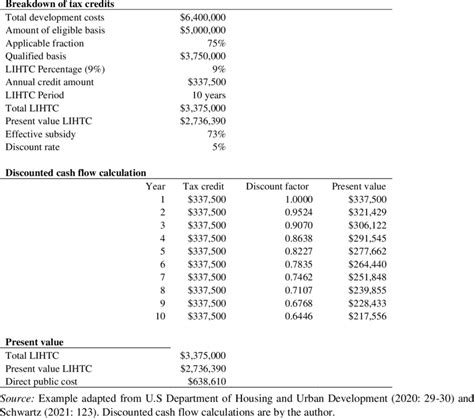taxes of the current year are a credit to seller ,giving credit to a seller,taxes of the current year are a credit to seller,In a typical real estate transaction, the buyer and seller both pay property taxes, due at closing. Generally, the seller will pay a prorated amount for the time they’ve lived in the space since the beginning of the new tax year. All. USA Chile. When you have the aspiration to transform, maximize and future-proof your business digitally. We have offices in 12 countries on four different continents. On contact us page of Columbus US, you can quickly find our offices and get answers to questions.

In the world of real estate transactions, taxes play a significant role in determining the financial obligations of both buyers and sellers. One common misconception is the notion that taxes for the current year are always a debit to the seller and a credit to the buyer. While this may be the case in some instances, the reality is more nuanced and depends on various factors such as the type of taxes involved, the terms of the sale agreement, and the specific circumstances of the transaction.
In this article, we will explore the different scenarios in which taxes for the current year can be a credit to the seller, shedding light on the complexities of tax implications in real estate transactions. We will also discuss the trust deed payoff and its impact on the new loan statement, providing a comprehensive overview of how taxes and financial obligations are allocated between buyers and sellers during the closing process.
Giving Credit to a Seller: Understanding the Dynamics of Real Estate Taxes
When it comes to real estate transactions, taxes are a crucial aspect that must be carefully considered by both buyers and sellers. In many cases, property taxes for the current year are prorated between the buyer and seller based on the closing date of the sale. This means that the seller is responsible for paying the portion of the taxes that accrue up to the closing date, while the buyer assumes responsibility for the taxes that accrue after the closing date.
In situations where the taxes for the current year are a credit to the seller, it typically means that the seller has already paid the full amount of the taxes for the year in advance. This can happen if the seller has prepaid the taxes or if the taxes have been included as part of the closing costs. In such cases, the seller may receive a credit for the taxes that have already been paid, reducing their financial obligations at the time of closing.
Credit for Selling a House: The Impact of Taxes on the Sale Process
Selling a house involves various financial considerations, including taxes that may be due at the time of closing. In some cases, sellers may be entitled to a credit for the taxes that have been paid or are due for the current year. This credit can help offset some of the costs associated with selling the property and can be an important factor in determining the overall financial outcome of the transaction.
For sellers, receiving a credit for the taxes of the current year can be a welcome relief, especially if they have already paid a significant amount towards their tax obligations. This credit can help reduce the seller's out-of-pocket expenses and may even result in a higher net profit from the sale of the property. It is important for sellers to work closely with their real estate agent or attorney to ensure that they are fully informed about their tax obligations and any potential credits they may be entitled to during the closing process.
Credit for Homeowners: Navigating the Complexities of Property Taxes
Homeowners are often required to pay property taxes on an annual basis, with the amount due determined by the assessed value of the property and the tax rates in the local jurisdiction. When a homeowner sells their property, the allocation of property taxes for the current year can have a significant impact on the financial aspects of the transaction.
In some cases, homeowners may be entitled to a credit for the property taxes that have already been paid or are due for the current year. This credit can help reduce the overall financial burden on the homeowner and may even influence the final sale price of the property. It is important for homeowners to consult with their tax advisor or real estate professional to understand the implications of property taxes on the sale of their home and to ensure that they are taking full advantage of any credits that may be available to them.
Credit to Buyer During Closing: Balancing Financial Responsibilities
During the closing process of a real estate transaction, buyers are often required to pay various closing costs and fees, including property taxes for the current year. The allocation of these taxes between the buyer and seller is typically determined based on the closing date and the terms of the sale agreement.
If the taxes for the current year are a credit to the seller, it means that the seller has already paid the taxes in full or has prepaid a portion of the taxes. In such cases, the seller may receive a credit at closing, which can help offset some of the costs associated with selling the property. On the other hand, if the buyer is responsible for paying the full amount of the taxes for the current year, they will need to factor this into their overall financial calculations and budget accordingly.

taxes of the current year are a credit to seller Buy CM8560 CHAMPION , Learn more about CM8560 3A SINK AND SOURCE ADJUSTABLE LINEAR BUS TERMINATOR, View the manufacturer, and stock, and datasheet pdf for the CM8560 at Jotrin Electronics.
taxes of the current year are a credit to seller - giving credit to a seller